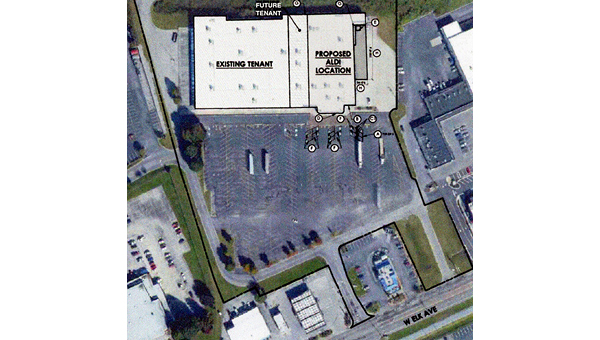Workplace opportunities full of change and challenge
Published 9:03 am Monday, August 13, 2018
Tennessee in July marked one year of historic low employment. The state employment rate has remained at 3.5 percent or lower for 12 months and Gov. Bill Haslam’s staff reports new job creation continues across Tennessee.
“We have made tremendous progress over the last eight years by investing in Tennesseans through workforce development initiatives, creating pathways to higher education and fostering an economic environment where businesses can thrive and grow, and I know Tennessee will to lead in job creation,” the governor explained.
Nationally, the seasonally adjusted unemployment rate for June 2018 experienced a slight increase to 4.0 percent, up 0.2 of a percentage point from May’s revised unemployment rate of 3.8 percent. Even with the small uptick, June’s national rate is 0.3 of a percentage point lower than it was the previous year.
The strong economic recovery in the U.S. has fostered record-high job growth and pushed unemployment to record lows. According to the Department of Labor, the U.S. has a record 6 million job openings.
The Department of Labor reports that many of those jobs won’t be filled because job seekers tend to lack the skills needed, are not willing to move to jobs in other locations, or they find that employers have unrealistic expectations.
There is growing concern by economists that the next generation of workers won’t be prepared to fill the millions of jobs that will open in the next 20 years.
Economic changes that are caused by technology occur at a faster pace than ever before. For example, it took decades from the invention of color TV until most families had one. Yet the smartphone was invented a little more than a decade ago, and already most people have one.
The Bureau of Labor Statistics estimates the economy will need as many as 100,000 new information technology workers per year over the next decade. Currently, only about 60,000 of these workers enter the workforce each year.
A sea of change is taking place in the workplace that makes forecasting of long-range trends problematic. Technology continues to drive rapid changes in all sectors of the economy, causing a widening of the skill gap. Additionally, 10,000 baby boomers retire every day, vacating jobs that require more technical knowledge.
Employers across the nation recognize their survival will depend upon a heightened focus on the future workforce — kids that are in school today. By pointing those kids to career pathways early in their education, they will hit the ground running when they finish their education. Therefore, initiatives to boost technology, engineering and mathematics (STEM) curricula in public schools are commanding great attention.
Carter County and Elizabethton’s public schools administrators are on a fast track to prepare students for the opportunities of the future. The launching of a new CTE course in robotics this year by county school officials is indicative of what the future curriculum might look like.
The industrial revolution which began in the 1800s reduced the number of farmers in the country. Now, there are few farmers and far fewer industrial jobs than there were in the mid 1900s. Carter County is a good example, Once an industrial community, the city no longer enjoys that reputation. Gone are the rayon factories, box factory, sewing factories, and other jobs many families depended on.
Now, we are a retail community, with many workers having to commute to jobs out-of-town.
The assembly line, energy plant and retail store have changed dramatically in the past 25 years — and the jobs have, too. Nearly 1 in 5 working Americans has a job that didn’t exist in 1980, many in technology, the fastest-growing segment across all industries. Such rapid change is one reason the 6.6 million U.S. jobs are currently unfilled.
It is estimated that 65 percent of the jobs that the next generation of workers will have do not exist today. Work automation technology will change the workplace, but it will create different kinds of jobs, just as technology has changed today’s jobs.
Times are changing and jobs are changing and preparing for them is a must!





